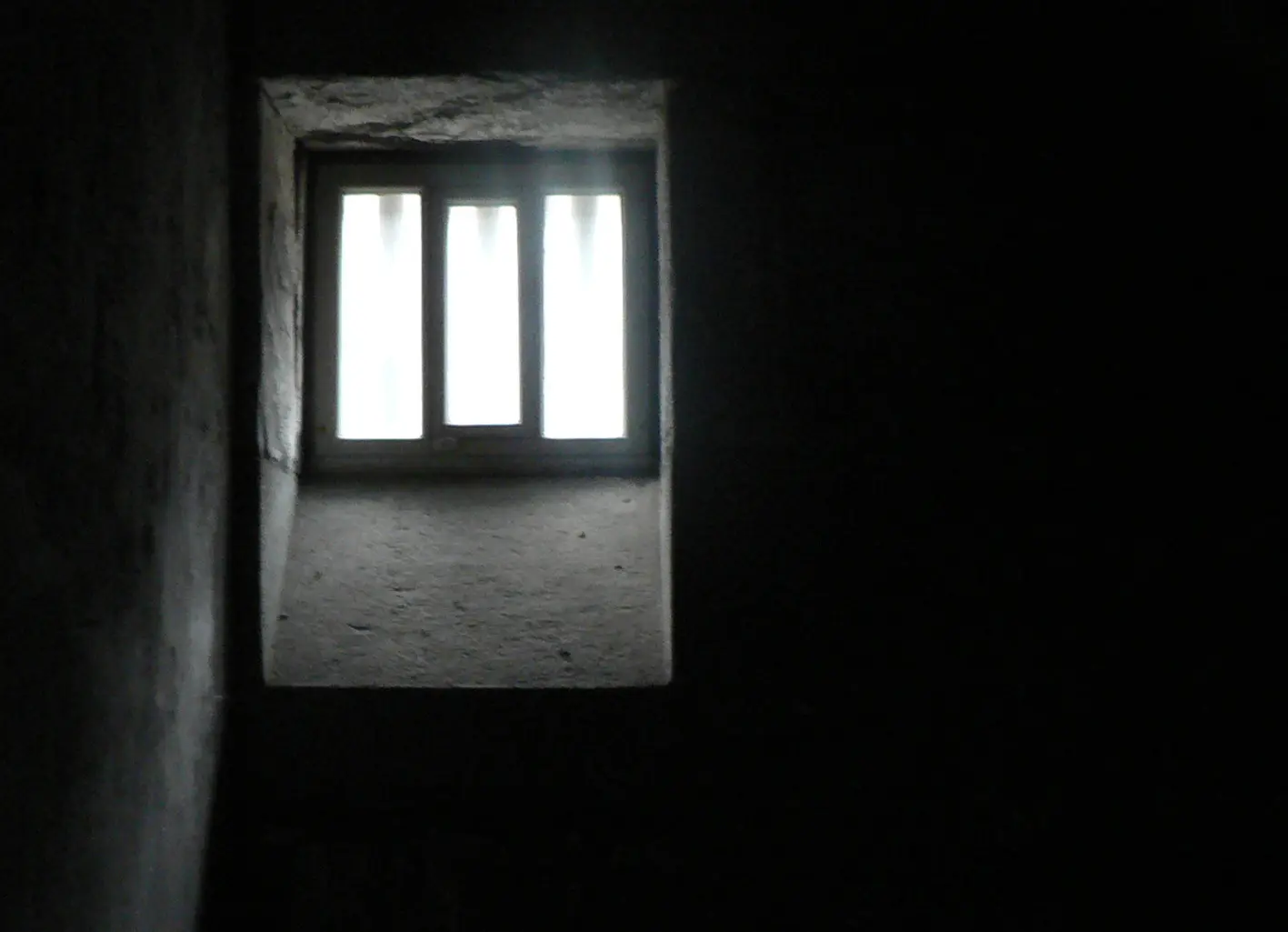
The Nation
Victor Mhango and Anneke Meerkotter
In January 2017, the Malawi High Court, in the case of Mayeso Gwanda, made a finding that would have reverberations throughout Africa. It ruled that section 184(1)(c) of the Penal Code is unconstitutional. This is an offence that was introduced during colonial times in many countries, including Malawi, Botswana, Gambia, Mauritius, Nigeria, Seychelles, Southern Sudan, Tanzania, Uganda, and Zambia. The offence provided that every person found in a public place under circumstances that lead to the conclusion that the person is there for an illegal or disorderly purpose, is deemed a rogue and vagabond.
In practice, this offence has had grave repercussions on the poor in these countries. The offence is so vague and overly broad that it has simply allowed police too much discretion to arrest people who walk the streets. The UN Special Rapporteur on Extreme Poverty and Human Rights has noted that the discretionary powers provided to the police by petty offences increase the exposure of persons living in poverty to abuse, harassment, violence, corruption and extortion by both private individuals and law enforcement officials.
The three Malawi judges who declared the offence unconstitutional considered not only the unconstitutionality of the offence itself but also made important statements on the problematic nature of arrests under these types of offences. The Court stated that arrests for behaviour that was not in fact criminal, amounted to inhuman and degrading treatment, violated the rights to freedom and security of person and the right to freedom from discrimination to the extent that the offence was disproportionately applied to the poor.
Justice Kalembera emphasised that the police can’t just randomly arrest people, a comment which applies more so in cases of sweeping exercises. If there is no investigation and no evidence that a person intended to commit an offence, then the police cannot arrest. To presume that a person is guilty all because he or she appears to be without means is a violation of a person’s right to dignity.
Justice Ntaba further explained that it is important for police to establish alternatives to arrests; ensuring arrests that are more targeted and intelligence based and that there are sufficient reasons for the arrest.
However, after this judgment, these policing practise have not changed. All that has changed is that the police now use another colonial offence to arrest people, the offence of being an idle and disorderly person. Sadly, this approach is misinformed, as there is no general offence of being an idle and disorderly person. Under the idle and disorderly heading in the Penal Code, there are a range of offences, but each of the elements of these offences must be present and even then, an arrest might still not be the most appropriate response. The High Court has noted that these offences are also problematic for being vague and overly broad and has called on parliament to urgently reform them.
Since the advent of the new Constitution, numerous judgments by Malawi courts have criticised the way sweeping exercises violate human rights, including the fact that people are rounded up and charged jointly even though they were found at different places under different circumstances, and the fact that basic criminal procedure requirements for arrests are not followed. Added to this, children continue to be arrested with adults and incarcerated despite the Child Care, Protection and Justice Act putting in place measures to prevent children from being exposed to the harsh nature of the criminal justice system.
If Malawi wants to claim that it abides by the rule of law, then its police force needs to respect the dignity and rights of all persons, without discrimination, and the culture of impunity for unlawful arrests should urgently be addressed.
Victor Mhango is the Executive Director of the Centre for Human Rights Education, Advice and Assistance (CHREAA) and Anneke Meerkotter is the Litigation Director of the Southern Africa Litigation Centre (SALC)
http://mwnation.com/policing-petty-offences/



